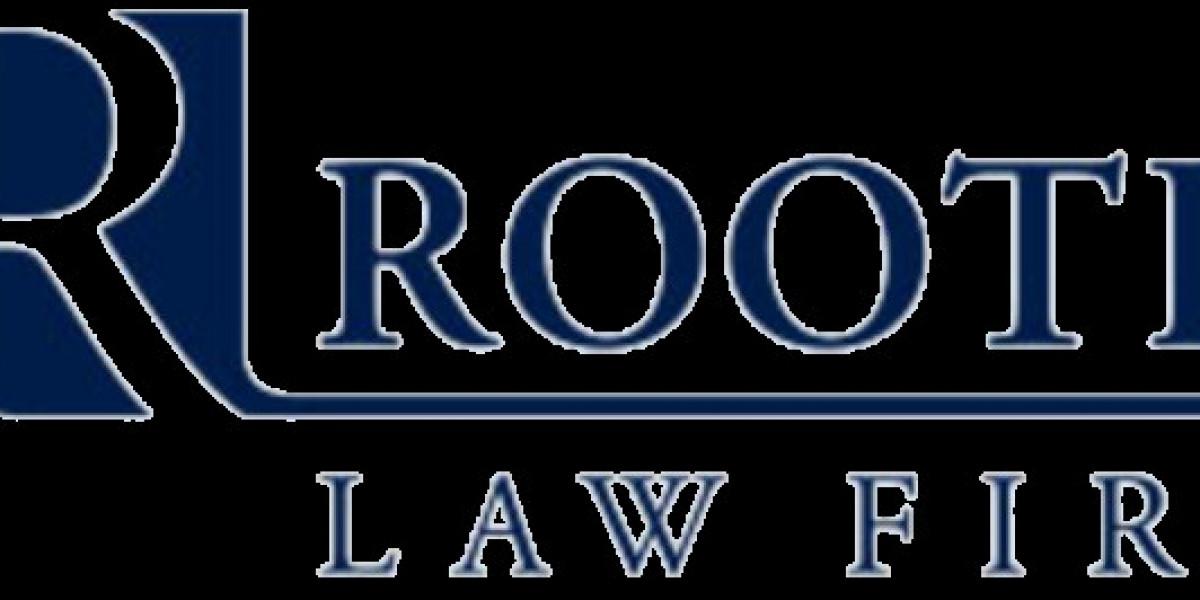Understanding Personal Injury Claims
A personal injury claim arises when you are harmed by the negligence or wrongful act of another person or entity. Common examples of personal injury cases include:
Car, truck, and motorcycle accidents
Slip and fall incidents
Medical malpractice
Defective products
Dog bites
In a personal injury case, the injured party (the plaintiff) can seek compensation for a wide range of damages, including medical expenses, lost wages, pain and suffering, and emotional distress. To succeed in a personal injury claim, you must prove that the other party's negligence caused your injuries.
Navigating the complexities of a personal injury lawsuit can be challenging, especially when you are recovering from your injuries. This is where an experienced Spring Hill injury lawyer can make a significant difference. A knowledgeable attorney will handle all aspects of your case, from gathering evidence and negotiating with insurance companies to representing you in court if necessary.
What to Do After a Personal Injury Accident
If you have been injured in an accident, there are several steps you should take to protect your legal rights:
Seek Medical Attention: Your health should be your top priority. Even if you don't think your injuries are serious, it's essential to see a doctor as soon as possible.
Report the Accident: If you were in a car accident, call the police and file a report. If you were injured on someone else's property, report the incident to the owner or manager.
Gather Evidence: If you are able, take pictures and videos of the accident scene, your injuries, and any property damage. Get the names and contact information of any witnesses.
Keep Records: Save all documents related to your accident, including medical bills, police reports, and correspondence with insurance companies.
Contact a Lawyer: Before you speak to an insurance adjuster or sign any documents, it is in your best interest to consult with a personal injury attorney.
Understanding Workers' Compensation Claims
Workers' compensation is a no-fault insurance system that provides medical and wage replacement benefits to employees who are injured or become ill as a result of their job. Unlike a personal injury claim, you do not need to prove that your employer was negligent to receive workers' compensation benefits. As long as the injury or illness is work-related, you are generally entitled to benefits.
Workers' compensation benefits can cover:
Medical treatment
Lost wages
Rehabilitation services
Disability benefits
The workers' compensation system can be complex and difficult to navigate on your own. Insurance companies may deny your claim or try to limit your benefits. An experienced Workers' Compensation Lawyer New Port Richey can help you understand your rights and fight for the benefits you deserve.
Can You Have Both a Personal Injury and a Workers' Compensation Claim?
In some cases, a work-related injury may also give rise to a personal injury claim. While you generally cannot sue your employer for a workplace injury (with a few exceptions), you may be able to file a lawsuit against a third party whose negligence caused your injury.
For example, if you are a delivery driver and are injured in a car accident caused by another driver, you would be entitled to workers' compensation benefits from your employer. You could also file a personal injury lawsuit against the at-fault driver.
Why You Need an Experienced Attorney
Whether you have a personal injury claim, a workers' compensation claim, or both, having an experienced attorney on your side is essential. An attorney can help you:
Understand your legal rights and options
Gather evidence to support your claim
Negotiate with insurance companies
Represent you in court or at a workers' compensation hearing
Don't let an injury derail your life. By understanding your rights and seeking the help of a qualified attorney, you can get the compensation you need to move forward.







